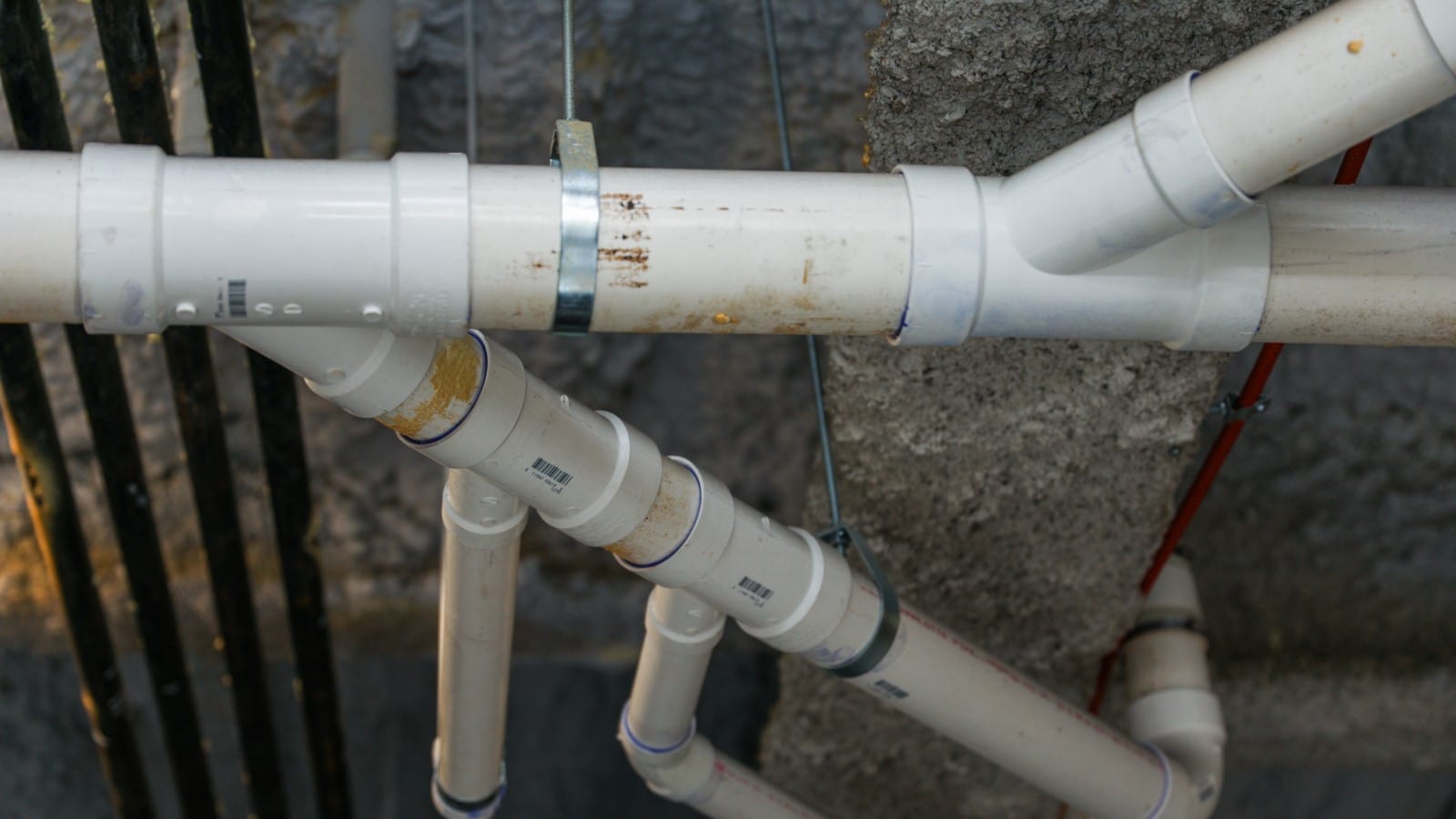In Rockwall, TX, understanding the functions and limits of various gas detectors, including smoke detectors, is vital for home safety due to the risks posed by combustible gases like natural gas and the silent threat of carbon monoxide.
This guide elucidates the disparities between carbon monoxide and natural gas detectors and highlights the importance of proper ventilation and recognizing carbon monoxide poisoning symptoms. It’s geared towards equipping homeowners with essential knowledge for safeguarding their homes and families, primarily when gases might be improperly handled or detected.
What is Carbon Monoxide, and How Do CO Detectors Work?
Carbon monoxide (CO) is an odorless, colorless, and toxic gas produced by incomplete combustion in fuel-burning appliances. CO detectors are designed to alert homeowners to dangerous levels of carbon monoxide, using sensors such as biomimetic, metal oxide semiconductor, or electrochemical sensors.
Understanding the workings of a CO detector is essential for Rockwall, TX, residents to ensure their safety from carbon monoxide poisoning, especially in enclosed spaces with gas appliances.
- Biomimetic Sensor: A gel changes color when absorbing CO, triggering an alarm.
- Metal Oxide Semiconductor: Detects CO through changes in electrical resistance.
- Electrochemical Sensor: Senses changes in electrical currents when in contact with CO.
Legal Requirements and Safety Best Practices for Detector Installation in Rockwall, TX
In Rockwall, TX, adhering to state laws and safety recommendations is essential for ensuring home safety against gas-related dangers. According to the Texas Health and Safety Code, all residential homes must be equipped with working smoke detectors that meet local building codes. This law highlights the importance of having reliable smoke detection systems in place.
In addition to smoke detectors, the Texas Department of Insurance advises the installation of carbon monoxide alarms on every floor of your home, particularly outside sleeping areas. Understanding the distinct alerts provided by smoke and CO alarms is crucial for early detection and response to these invisible threats. This guidance is particularly pertinent in Rockwall, TX, where the risks posed by natural gas and carbon monoxide are prevalent.
Natural Gas: Characteristics and Detection Methods
Unlike carbon monoxide, natural gas is mainly composed of methane and is used widely in Rockwall, TX, homes for heating and cooking. It is flammable and can be explosive when it comes into contact with an ignition source. Natural gas detectors, which differ from CO detectors, are designed to detect the presence of natural gas. These devices alert homeowners when the natural gas parts per million (PPM) in the air reach hazardous levels, providing an early warning to prevent fires or explosions.
- Natural Gas Detector Functionality: Monitors air for methane, alerting at dangerous PPM levels.
- Safety Precautions: Recommended installation near gas appliances like stoves and heaters.
Can Carbon Monoxide Detectors Sense Natural Gas Leaks?
The simple answer is no; carbon monoxide detectors cannot detect natural gas. These gases have different chemical properties, requiring other detection methods. In Rockwall, TX, where carbon monoxide and natural gas pose risks, homeowners must have separate detectors for each.
A carbon monoxide detector is crucial for detecting CO from fuel-burning appliances, while a natural gas detector is needed to detect leaks from gas lines or devices.
- Distinct Detection Needs: Separate systems for CO and natural gas.
- Home Safety in Rockwall, TX: Installing both types of detectors is essential.
Selecting the Best Gas Detection System for Your Home
Choosing the right gas detection system for homeowners in Rockwall, TX involves considering several factors. A comprehensive strategy should include both carbon monoxide and natural gas detectors. Modern detectors offer real-time gas monitoring, infrared sensors for flammable gases, and user-friendly interfaces.
- Features to Consider: Real-time monitoring, sensor types, ease of use.
- Local Considerations: Tailoring detection systems to Rockwall, TX environment and gas usage patterns.
Installation and Maintenance: Key to Effective Gas Detection
Proper installation and regular maintenance are crucial for the effectiveness of gas detectors in Rockwall, TX, homes. CO detectors should be placed in bedrooms and living areas, while natural gas detectors are best near gas appliances. Regular testing and maintenance ensure these devices function accurately and reliably.
- Installation Tips: Strategic placement for optimal detection.
- Maintenance Routine: Regular testing and upkeep for reliable performance.
Safeguarding Your Rockwall Home: Essential Gas Detection Strategies
To wrap up, it’s clear that the safety of Rockwall, TX, homes from gas-related hazards hinges on understanding and implementing dedicated detection systems for both carbon monoxide and natural gas. Recognizing the differences between these gases and ensuring suitable detection methods are in place is not just a precaution; it’s a vital step in home safety. Here’s a brief rundown of the critical points covered:
- Distinct Gases, Distinct Detectors: Separate carbon monoxide and natural gas detectors are non-negotiable for safety.
- Symptoms and Dangers: Be aware of symptoms like dizziness and the odor of rotten eggs, indicating gas leaks or carbon monoxide poisoning.
- Installation Know-How: Install detectors strategically and ensure they function correctly.
- Routine Checks: Regular maintenance and testing are critical.
- Responding to Alarms: Know how to react when detectors alert you to carbon monoxide or natural gas.
- Local Resources: Consult Rockwall gas companies for advice and assistance.
- Ventilation is Vital: Ensure proper ventilation in areas with fuel-burning appliances to prevent the accumulation of toxic gases.
Remember, correctly detecting carbon monoxide and natural gas in your home is not just about installing detectors; it involves a comprehensive approach to ensure your and your family’s safety.





